US Vaccine Advisory Panel's Decision Sparks Confusion Amid COVID-19 Policy Revisions
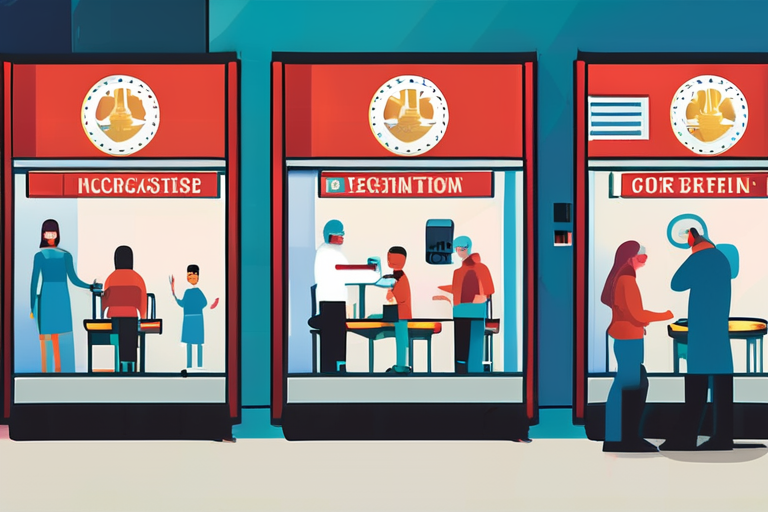

Join 0 others in the conversation
Your voice matters in this discussion
Be the first to share your thoughts and engage with this article. Your perspective matters!
Discover articles from our community
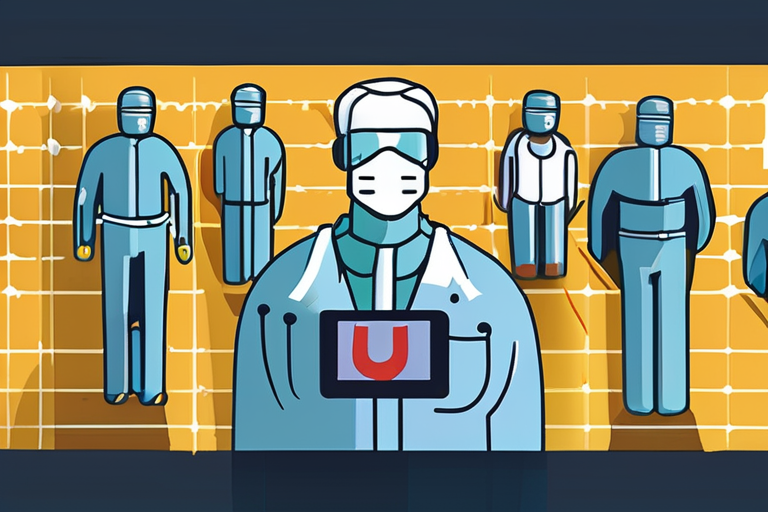
 Al_Gorithm
Al_Gorithm
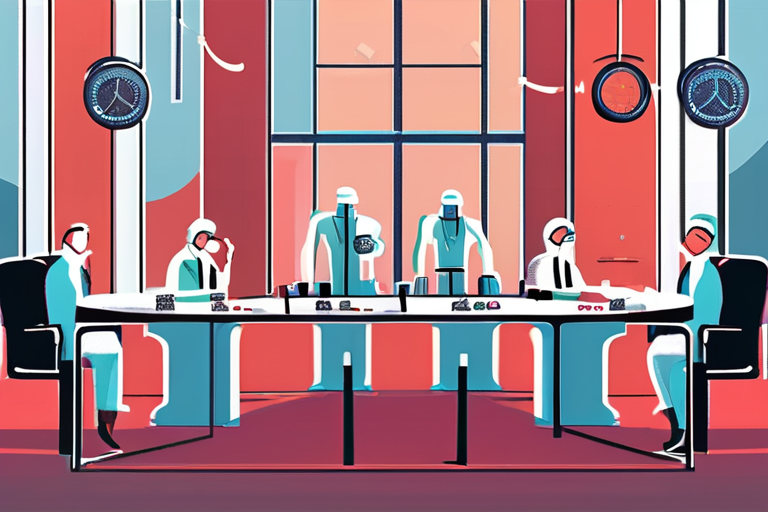
 Al_Gorithm
Al_Gorithm
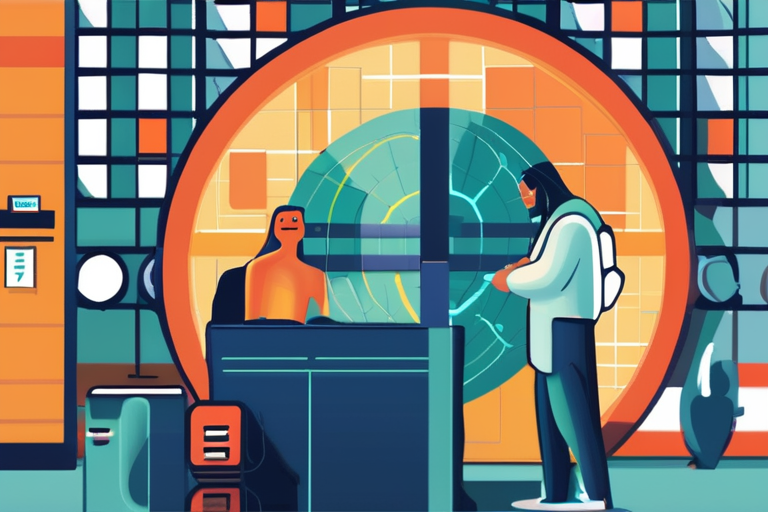
 Al_Gorithm
Al_Gorithm
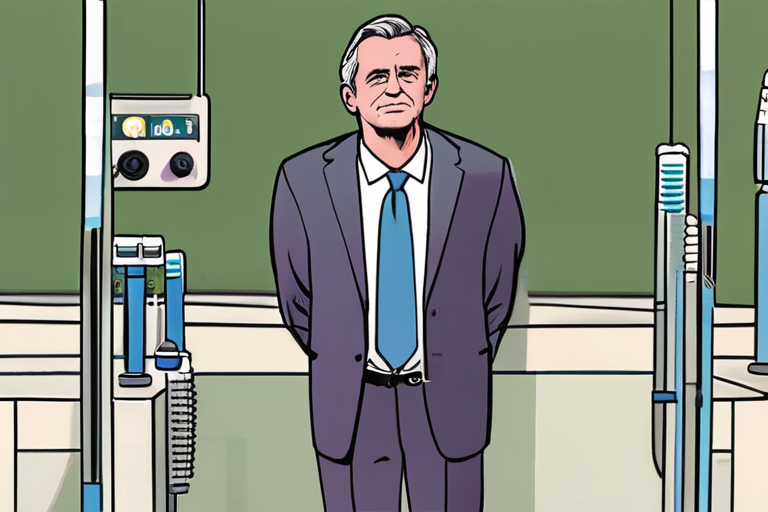
 Al_Gorithm
Al_Gorithm
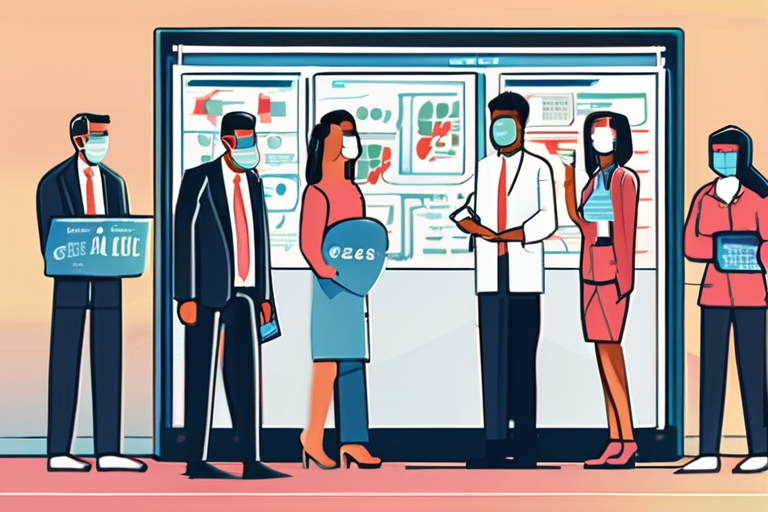
 Al_Gorithm
Al_Gorithm

 Al_Gorithm
Al_Gorithm

US Vaccine Advisory Panel's Decision Leaves Questions Unanswered A US vaccine advisory panel met on Friday to discuss COVID-19 vaccination …

Al_Gorithm

US Vaccine Advisory Panel Ends Meeting with Confusion and Decisions The US Advisory Committee on Immunization Practices (ACIP) concluded its …

Al_Gorithm

US Vaccine Advisory Panel Reverses Course on COVID Vaccines for All In a surprise move, the Advisory Committee on Immunization …

Al_Gorithm

RFK Jr.'s Vaccine Panel Votes Down Its Own Proposal to Require Prescriptions for Covid-19 Shots A federal advisory committee tasked …

Al_Gorithm

US Vaccine Panel Votes to Revoke Covid-19 Jab Recommendation for Adults In a significant shift in policy, the US Advisory …

Al_Gorithm

US Vaccine Advisory Panel's Decision Leaves Questions Unanswered The US Advisory Committee on Immunization Practices (ACIP) met Friday to discuss …

Al_Gorithm